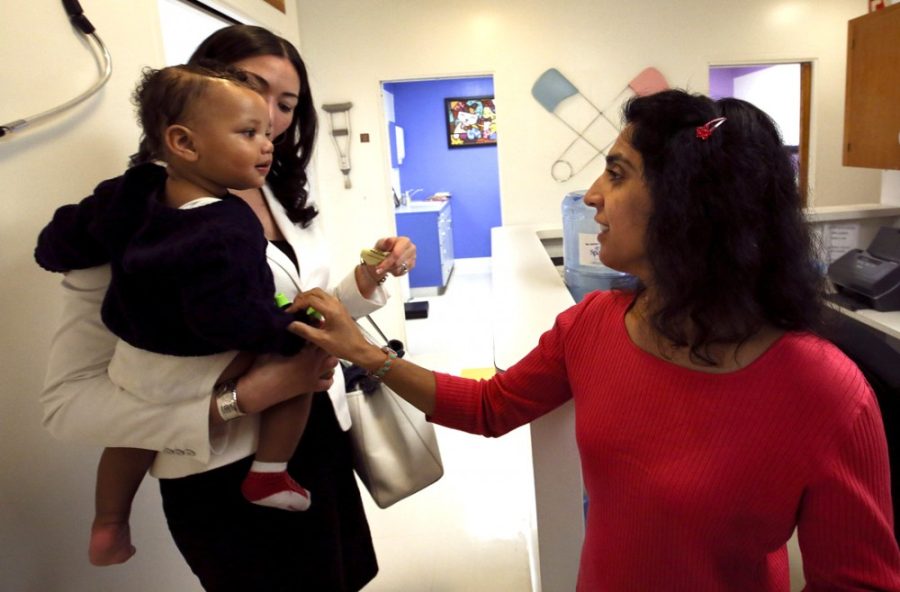In light of a measles outbreak in California and the ongoing national debate on vaccines, the Student Health Advocacy Committee will be hosting the Peer Education Seminar: Vaccine-preventable Disease, in order to educate students about the vaccines and their health impacts.
The seminar, which takes place today, will have multiple health professionals in attendance. These include Kacey Ernst, an infectious disease epidemiologist and an epidemiology assistant professor, and Amy Direnfeld, head nurse at Campus Health Service’s Immunizations and Travel Clinic.
The vaccine controversy started in the ’90s due to a discredited but highly famous 1998 medical study by British doctor Andrew Wakefield. The report, published in the British medical journal The Lancet, claimed to show that the standard measles, mumps and rubella vaccine could cause damage to children’s brains and immune systems. It has since then become a gathering point for parents opting to avoid vaccinating their kids.
Apart from denouncing Wakefield’s credibility as financially compromised and disproving his conclusions through their own sets of studies, the scientific and medical establishments in both the U.S. and U.K. have lamented the harm Wakefield’s report has done to the reputation of vaccines. For years, doctors and health advocates have highlighted the health benefits of vaccines, like reduced rates of illness and eliminated diseases, and that children are particularly vulnerable when vaccination is avoided.
A measles outbreak earlier this year that began at a Disneyland in Southern California and started to spread across the state placed the controversy, which pits public health against individual medical rights, on the national stage. The outbreak has resulted in 644 cases of measles in 27 states for 2014, according to the Centers for Disease Control and Prevention.
The seminar is one of many that health advocates throughout the nation have set up in attempts to combat this public doubt and promote a more informed public discussion.
According to a flyer for the UA seminar, “the vaccine is a modern medical wonder” that can be used to “prevent sickness and eradicate diseases.” It will be held today at 5 p.m. in Room 303 of the Modern Languages building. Space is limited, and students are asked to RSVP via a link on the Facebook event page.









